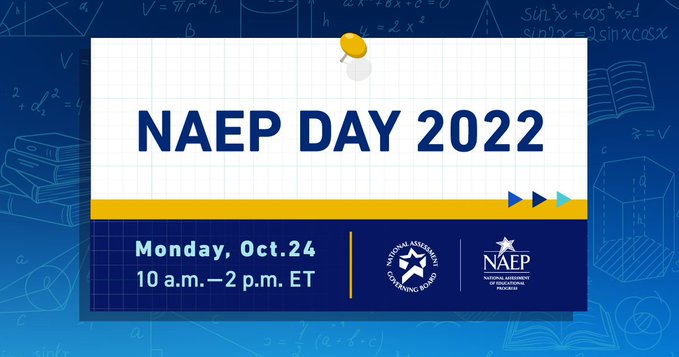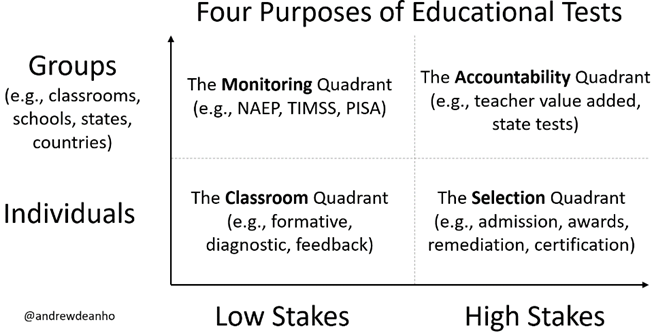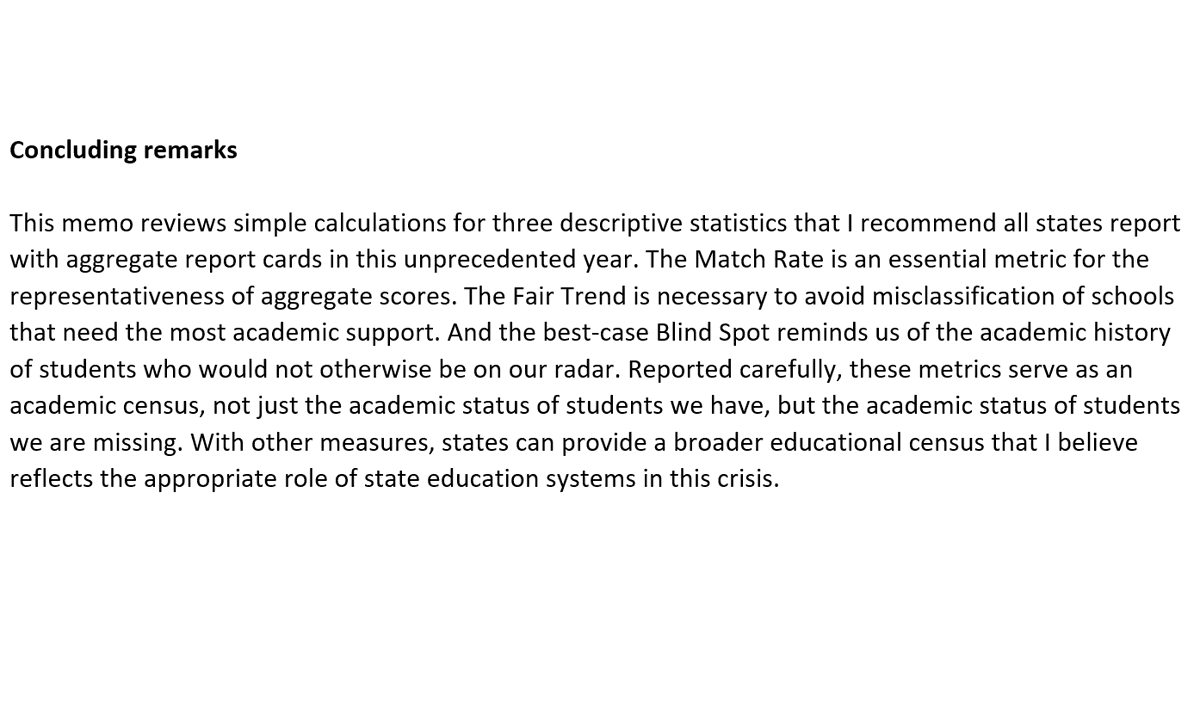
On NAEP Eve, my 3rd thread, on "learning loss." At 12AM, people expect NAEP will find "learning loss."
Are results about "learning loss" essential to inform us as we move forward?
Or is the concept of "learning loss," itself, damaging and hurtful?
To me, the answer is: Both. 🧵1/
Are results about "learning loss" essential to inform us as we move forward?
Or is the concept of "learning loss," itself, damaging and hurtful?
To me, the answer is: Both. 🧵1/

When I say "learning loss," I try to create a "firewall" between what I say about systems and what I say about kids.
Evidence of "learning loss" shows the debts our society owes to kids. For kids and their parents & teachers, we must build from their strengths, their assets. 2/
Evidence of "learning loss" shows the debts our society owes to kids. For kids and their parents & teachers, we must build from their strengths, their assets. 2/

I hope my "four quadrants" framework is useful in this debate. NAEP (upper left) monitors aggregate progress. It's not about kids (lower left). It's not even about schools (upper right). It's about our whole system of educational opportunity. 3/
1-pager: scholar.harvard.edu/files/andrewho…
1-pager: scholar.harvard.edu/files/andrewho…

I and many of my colleagues, including recently @DBetebenner, use an "academic headwind" metaphor. Students haven't "lost learning," but it's been measurably harder for them to learn.
We owe them a tailwind moving forward. 4/
We owe them a tailwind moving forward. 4/
https://twitter.com/DBetebenner/status/1552334414323089408?s=20&t=ds-CvNiakGnjL9uZxRSm8g
But tomorrow, "learning loss" might feel like yet another punch in the gut, for students, teachers, parents, and school leaders who are already exhausted and have heard enough bad news. 5/
"Learning loss" might motivate our leaders and fellow citizens to raise education as a priority, but how do we balance that with the cost of discouraging those who are working hardest on the front lines, without whom the results tomorrow would surely have been worse? 6/
And we don't throw punches equally. We throw "loss" language at the communities and schools that we have already marginalized, where test scores have long been a tool of segregation and exclusion.
Borrowing from Eve Tuck, can we suspend the damage? 7/
researchgate.net/profile/Eve-Tu…
Borrowing from Eve Tuck, can we suspend the damage? 7/
researchgate.net/profile/Eve-Tu…

I remain optimistic, perhaps naively, that the "firewall" I mention above can hold, between deficits for systems vs. assets for students.
I argued this in my 2021 @FutureEdGU piece: future-ed.org/a-smart-role-f…
and my "Strength in Numbers" talk in August: 8/
I argued this in my 2021 @FutureEdGU piece: future-ed.org/a-smart-role-f…
and my "Strength in Numbers" talk in August: 8/
I am particularly optimistic that NAEP can avoid this. NAEP's high level of aggregation makes it less susceptible to "deficit frames" for kids and even schools.
We can focus the story rightly on educational opportunity and how to improve it, to give kids a wind at their backs. 9/
We can focus the story rightly on educational opportunity and how to improve it, to give kids a wind at their backs. 9/

The worst thing about this "learning loss" debate is that it has made potential allies bicker (maybe it's the Russian bots).
Most of those debating agree that education should be a higher priority and that we owe more to our children. 10/
Most of those debating agree that education should be a higher priority and that we owe more to our children. 10/
Tomorrow, I'll try to assume best intentions, to give space and grace to let folks get beyond their NAEP headlines (that they didn't write) and their first tweets.
And I'll be patient with any "tests don't matter" sentiment that comes my way. I disagree, but I get it. 11/
And I'll be patient with any "tests don't matter" sentiment that comes my way. I disagree, but I get it. 11/
And I hope the NAEP wonks and reporters poised to own the headlines for a day will also create space for stories that highlight student and teacher assets and resilience, that engage us toward trusting and investing in kids, teachers, and schools.
We're in this together. 12/
We're in this together. 12/
In case you missed my threads from Friday and Saturday, here is "Why NAEP Day is important":
And here is "Three Types of misNAEPery":
Happy NAEP Day to all, and to all a good night. 13/13
https://twitter.com/AndrewDeanHo/status/1583572868260327424?s=20&t=nrLD5wpwBEL5E5rPmEcuOg
And here is "Three Types of misNAEPery":
https://twitter.com/AndrewDeanHo/status/1583939513822638081?s=20&t=nrLD5wpwBEL5E5rPmEcuOg
Happy NAEP Day to all, and to all a good night. 13/13
• • •
Missing some Tweet in this thread? You can try to
force a refresh











